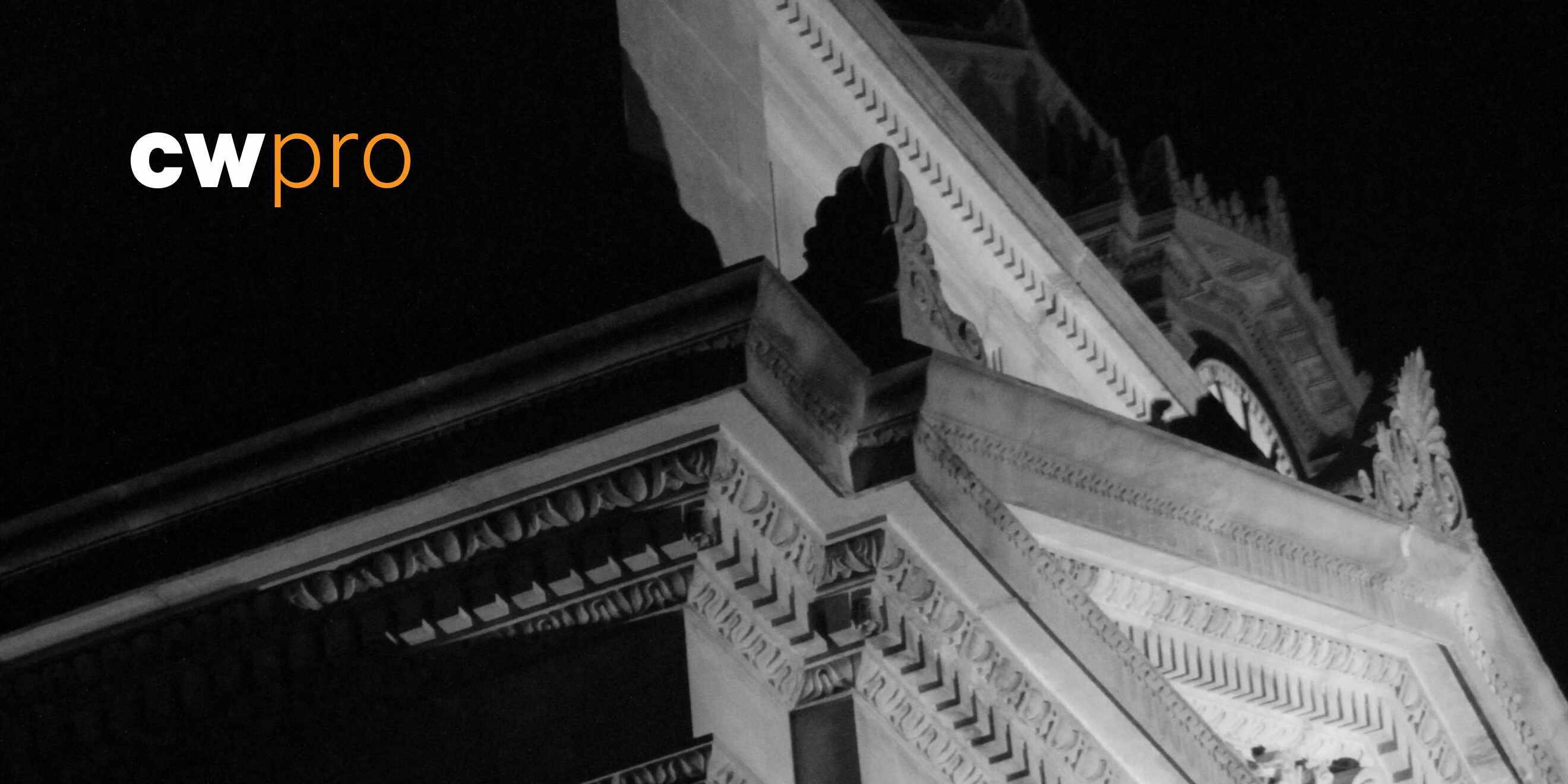At a glance.
- Researchers weigh in on US’s planned IoT security labels.
- Online gaming regulations in India.
- Louisiana legislator fights to keep adult content away from minors.
Researchers weigh in on US’s planned IoT security labels.
The White House’s National Security Council (NSC) is working on an industry-standard labeling system for Internet of Things (IoT) devices that is expected to launch this spring. Modeled after the Environmental Protection Agency’s Energy Star labeling program, the aim is to improve IoT security by keeping the public informed about products’ protective measures and motivate IoT manufacturers to make their products safer. As Security Intelligence explains, the White House is working with the EU in determining these labeling standards in the hope that the regulations could be applied on a global scale. Researchers at Carnegie Mellon University worked with real consumers to develop forty-seven “key factors” for IoT privacy and security in five categories: security updates, access control, sensor types, data storage locations, and data sharing. The idea is that these factors would be clearly displayed on a product box, along with a QR code leading to more detailed information.
Online gaming regulations in India.
Indian lawmakers are working to better define what is permitted as an online gaming intermediary in the country and, among other things, have determined that individuals under eighteen years of age will need parental permission in order to play games online. At a press briefing on Monday, Union Minister of State for Electronics and IT Rajeev Chandrasekhar announced that the government will commence public consultation for online gaming with a self regulatory body (SRO) to determine what is permitted as an online gaming intermediary in the country. In addition to the age limit, the new rules will also prohibit any gambling or betting connected to the games. As Moneycontrol explains, the Indian gaming sector saw a massive surge during the pandemic, but gambling is considered a matter of the state, and several state governments have attempted to ban online betting. Chandrasekhar stated, “The online games that offer winnings, any game that allows wagering on the outcome is effectively a no-go area. If you bet on the outcome of a game it is prohibited under 3(b) 10 of the IT rules." The rules are expected to be finalized by February. Roland Landers, CEO of All India Gaming Federation stated, "We believe this is a great first step for comprehensive regulation for online gaming and will hopefully reduce the state-wise regulatory fragmentation that was a big challenge for the industry.”
Louisiana legislator fights to keep adult content away from minors.
In the US state of Louisiana, Republican state representative Laurie Schlegel is working to ensure that age limits are upheld on websites containing explicit material. Earlier this year, Fox 8 Live reports, Schlegel passed HB 142, a measure requiring age verification for any website that contains 33.3% or more of such adult material. Schlegel stated, “Pornography is destroying our children and they’re getting unlimited access to it on the internet and so if the pornography companies aren’t going to be responsible, I thought we need to go ahead and hold them accountable.” Websites will likely collaborate with LA Wallet, the state’s digital driver’s license, to verify a user’s age. For those without a digital license, other proof of age will be required, but sites will need to ensure that no unnecessary personal user data are retained. Sara Kelley, project manager with Envoc, the company behind LA Wallet, stated, “It doesn’t identify your date of birth, it doesn’t identify who you are, where you live, what part of the state you’re in, or any information from your device or from your actual ID. It just returns that age to say that yes, this person is old enough to be allowed to go in.” If a website fails to properly verify age, they could face a lawsuit from the user or the minor’s family.
A spokesperson at Private Internet Access wrote us to comment on the Louisiana law, and its potential downsides:
“Protecting children from adult content online is incredibly important. But plans in Louisiana to do this by collecting IDs for age verification on porn websites is a recipe for disaster when it comes to data privacy. Age verification systems collect a tremendous amount of personal, sensitive data about your habits and preferences–data that could be improperly used, accessed, or leaked. This approach presents unacceptable privacy and digital freedom risks, which is why the UK and German governments abandoned similar ideas in recent years.
"Protecting people from increasingly intrusive digital regulations and legislation is one of the reasons we now have VPN servers in each US state. So for users in Louisiana wishing to indulge in adult entertainment from the comfort of their bedroom or wherever they wish, they have the option of 49 other states offering digital privacy. As long-time advocates of greater digital privacy in the US, we encourage users to demand comprehensive legislation that safeguards their online privacy without compromising their privacy, security, or freedom, to the federal government or third-party apps.”
